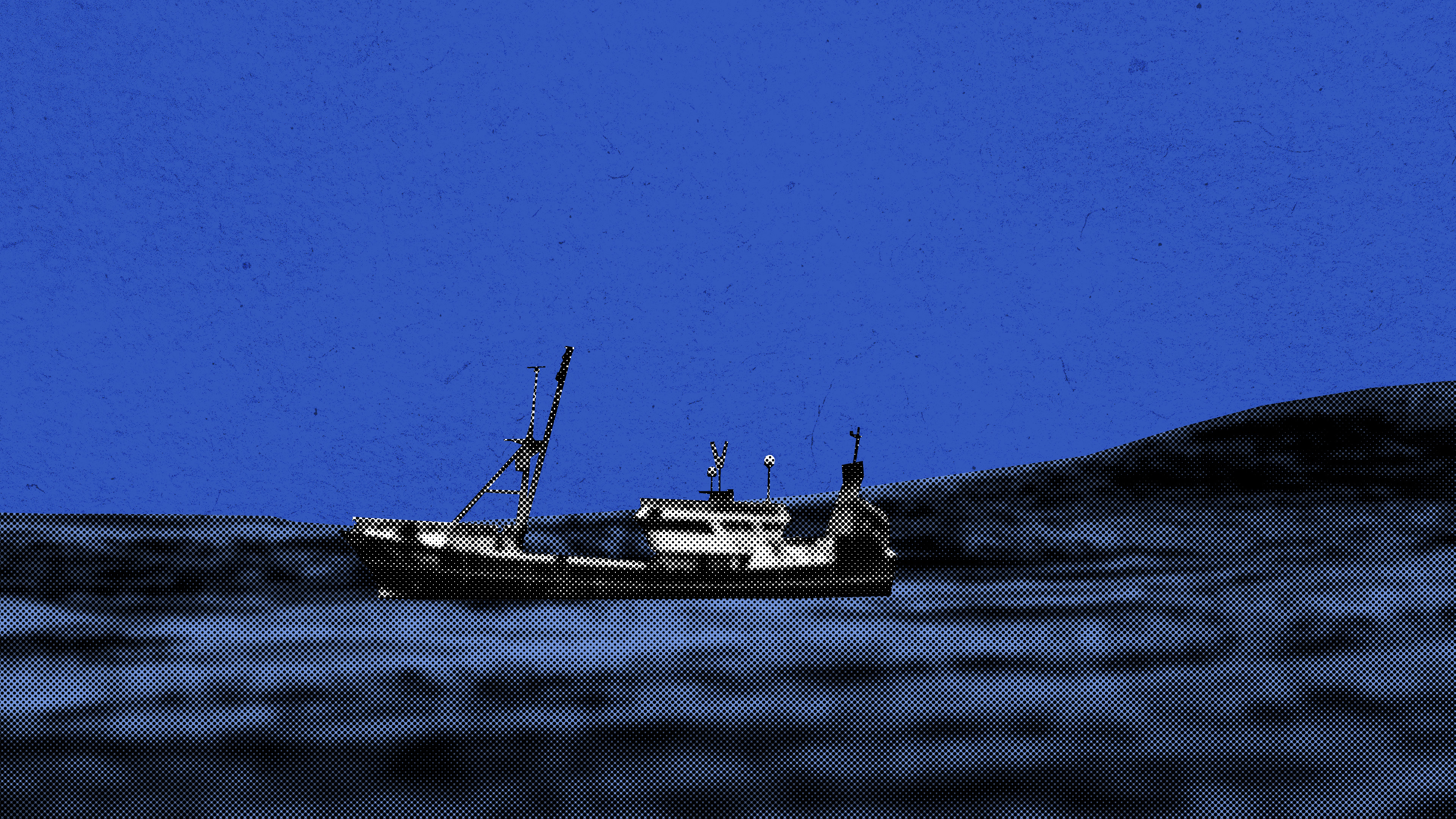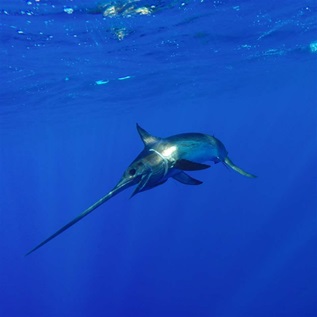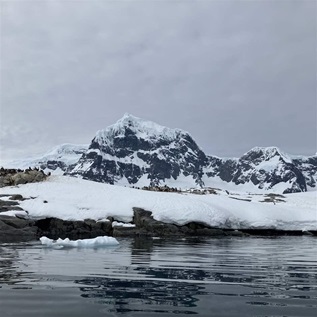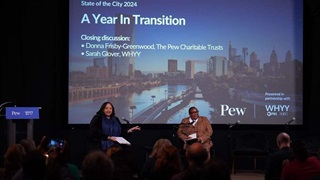European Fisheries Need Transparent Accountable Management in 2021
Ministers must assure sustainability of fish stocks—and more open decision-making

As the season of decision-making on European fisheries catch limits and other measures gets underway, managers face an accountability gap. Decisions on rules for fish populations managed solely by the European Union will follow a well-trodden process. EU decision-making suffers from its own transparency failings and will be heavily affected by COVID-19 restrictions this year, but the institutions’ processes are largely understood and routine. However, for other stocks, the UK’s departure from the EU changes the process significantly. After Brexit, stocks managed by the EU alone are now in the minority, and it’s highly uncertain exactly when or how the UK and EU will negotiate and agree limits for the other stocks—those that are managed jointly.
This year, the EU and the UK are expected to negotiate bilaterally to agree management measures for around 100 fish stocks, with some of those decisions also subject to agreement with other governments, such as Norway. The EU and UK are obligated, under United Nations agreements, to engage in annual decision-making, regardless of the outcome of post-Brexit talks on these parties’ future long-term relationship. Now, a new annual cycle of bi- or multi-lateral talks among fisheries managers will probably become routine and could include contentious issues such as agreeing shares of quota or simply cover scientific advice on setting annual catch limits.
What’s concerning is the lack of clarity on what form this process will take—on both sides of the channel—and the signs that decision-makers will be held even less accountable than they are today, further increasing the chances of unsustainable fishing.
For its part, the UK is making it clear that it sees an opportunity to water down rules and take bigger risks with the sustainability of fish stocks. After reducing its own policy ambitions in its domestic Fisheries Bill, the UK began talks with the EU on fisheries with an opening position that went further in removing sustainability safeguards. Specifically, the UK wants catch limits that “take into account” scientific advice but also factor in “socio-economic aspects”—which is exactly the political dynamic that fuelled overfishing in the decades of EU management before its policy was reformed in 2013.
So will the EU rein in this risky UK stance? The EU’s negotiating position on paper suggests it is trying to do this by including sustainability safeguards in line with international commitments and even setting out a process for what happens when talks break down and the parties cannot agree on annual catch limits. If the UK agrees to including these safeguards in the agreement, that would go some way toward mitigating the risk of unsustainable fishing in future management negotiations. The EU has also published its proposals for 2021 under a more transparent process introduced by European Commissioner Virginijus Sinkevicius, bringing this year’s proposals closer to the scientific advice than in previous years, a very welcome step. But other risks remain, which EU decision-makers so far seem more reluctant to address.
It remains unclear how these talks will be carried out, who will represent the EU’s and UK’s positions on catch limits, and—crucially—how each party’s negotiators will be held accountable by their respective democracies. The EU’s talks with Norway in recent decades provide an idea of the accountability risks. The EU is represented in those talks by European Commission officials, with member state officials and fishing industry representatives also attending with varying levels of access to the formal talks. Other stakeholders—such as civil society organisations—are shut out and not even allowed to enter the building, making it hard to judge in whose interests decisions are being made.
Although the results are usually rubber-stamped by ministers afterwards, it has proved hard to assign responsibility for the outcomes. That’s in part because the real decision-making was made much earlier in the process, behind closed doors and away from public scrutiny, with no single decision-maker or institution taking clear responsibility.
If annual EU-UK talks follow the same pattern, this will represent a large step backwards in transparency, just as the UK’s position on paper risks degrading the safeguards that have previously applied to European fisheries. And this could leave the public in the dark about the process.
The International Council for the Exploration of the Sea will still publish scientific advice on catch limits each year, and several months later, the negotiators for the EU and UK will announce they have either agreed the following year’s limits or perhaps that agreement could not be reached. In between these two moments, people not directly involved in the talks might have very little information about what our elected decision-makers are aiming for in the talks on joint management.
For example, there might be no EU Commission proposals for the vast majority of stocks, or the UK government might opt not to publish some information on its aims in the talks. Perhaps our first knowledge of weakened protections for fish populations will come only after a behind-closed-doors deal is done. These scenarios would violate the international commitments the EU and UK made as signatories of the Aarhus convention on public access to information in decision-making.
The risk of overfishing is clear, particularly if the parties emulate the EU-Norway model of taking only a select group of stakeholders into the negotiating room to guide their priorities. And unless the EU and UK take steps now to ensure transparency in their decision-making processes, the credibility of fisheries policies will once again suffer.
International negotiations are sensitive and cannot always be carried out in the public spotlight. But if management proposals are not published, and aims not publicly discussed, then unaccountable horse-trading will probably follow, and the public will once again be left confused about both fisheries sustainability and who is accountable for protecting it.
Andrew Clayton leads The Pew Charitable Trusts’ efforts to end overfishing in North-Western Europe.










